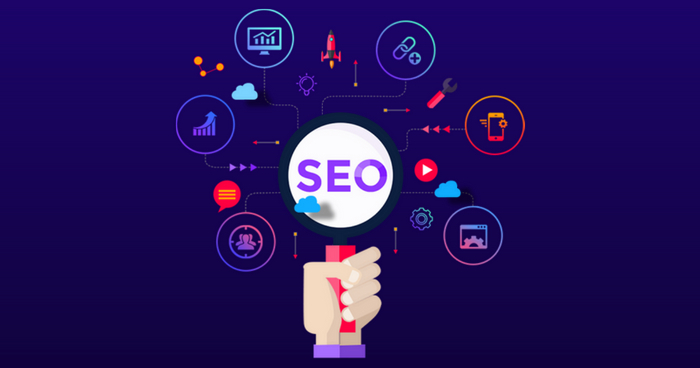A well-crafted profile paper serves as a window into your skills, accomplishments, and unique personality. It allows you to present yourself in a professional yet creative manner, giving readers a clear understanding of your capabilities. Crafting an original profile paper is not just about listing achievements; it is about storytelling that highlights strengths while maintaining authenticity. By combining personal insights with professional experiences, you can create a document that stands out. The right structure, tone, and content help convey confidence, creativity, and professionalism effectively, making a lasting impression on anyone who reads it.

Creating an original profile paper requires careful planning and attention to detail. Here are some practical steps to achieve this:
- Start with a strong introduction: Begin with a brief overview of yourself, including your professional background and key interests. Avoid vague statements and focus on unique traits that set you apart.
- Highlight accomplishments strategically: Instead of listing every achievement, choose those that demonstrate measurable impact. Include awards, certifications, or successful projects that reflect your expertise.
- Incorporate personal qualities: Professionalism goes hand in hand with personality. Share qualities like leadership, creativity, problem-solving skills, or teamwork abilities to present a holistic image.
- Use clear and concise language: Avoid complex jargon. Simplicity enhances readability and ensures your message is understood quickly and effectively. For quick access to trustworthy sources and relevant materials on this topic, simply check here to find detailed, accurate information.
Maintaining a logical flow is crucial for a compelling profile paper. Structure the content in sections that transition smoothly:
- Professional Experience: Describe roles and responsibilities while emphasizing results. Use bullet points for clarity.
- Skills and Competencies: Focus on strengths relevant to your field. Mention technical and soft skills that highlight versatility.
- Education and Training: Include degrees, certifications, or specialized training that support your professional profile.
- Personal Insights: Add a short section that reflects your motivations, values, or career goals to connect with readers on a human level.
To enhance originality, tailor the paper to reflect your unique experiences and perspective. Avoid copying templates or generic phrases. Personal stories or examples can make your profile memorable and engaging. Use active language and strong verbs to convey confidence and professionalism. Formatting also plays an essential role in creating a professional appearance. Keep margins consistent, use readable fonts, and maintain proper spacing. Headings and subheadings can guide the reader and improve navigation. Visual elements, like charts or icons, may be added if they enhance clarity without overwhelming the content.
Finally, review and refine the paper multiple times. Check for grammar errors, ensure factual accuracy, and confirm that each section aligns with your intended message. A polished profile paper demonstrates attention to detail, reinforces credibility, and leaves a positive impression. By combining clear structure, engaging content, and personal authenticity, a profile paper can effectively showcase your creativity and professionalism. It becomes more than a document it serves as a tool to present your strengths, values, and potential in a distinctive and memorable way.





